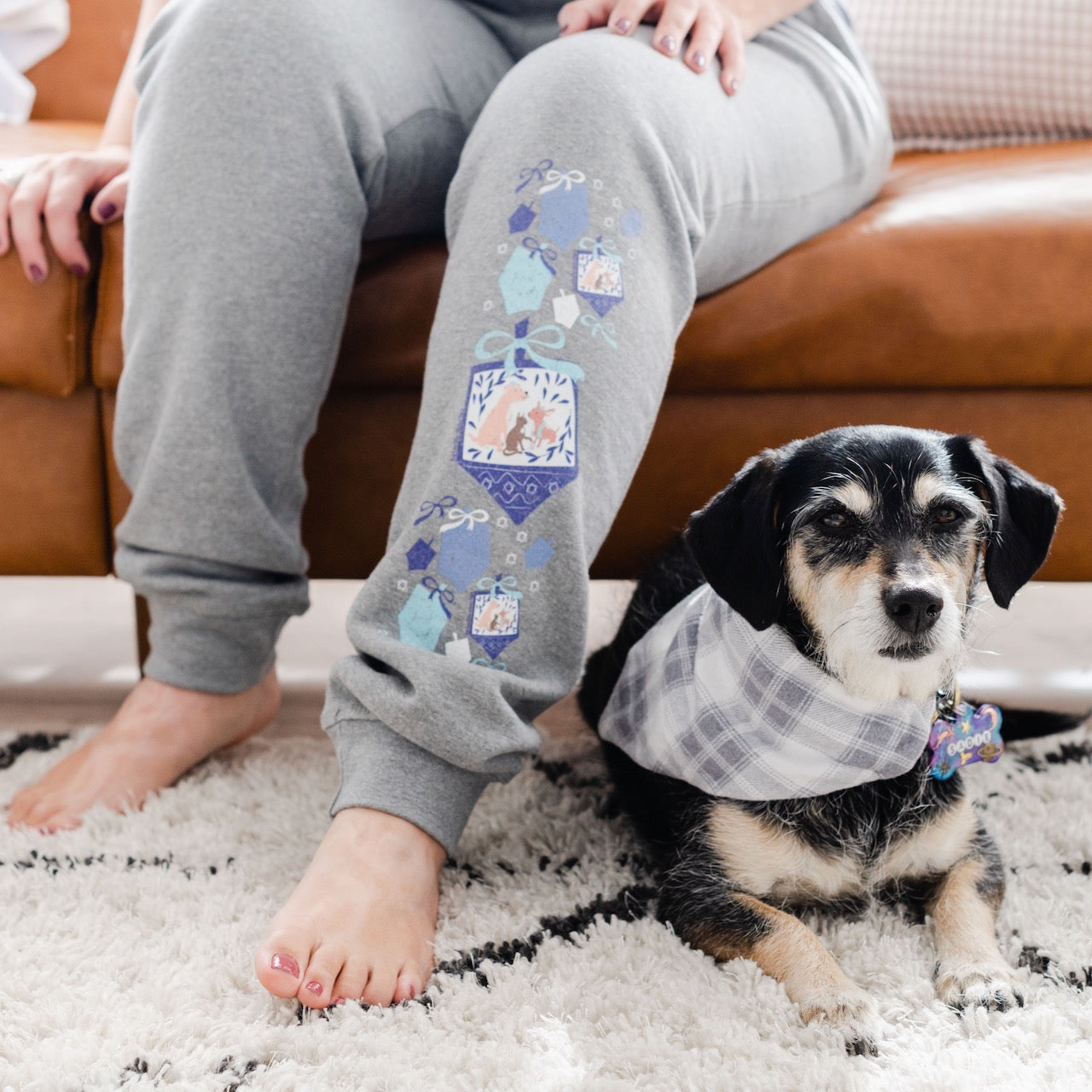
Closed for Business
It was a joy to run a small business that let me also give back to animal rescue!
Unfortunately, I'm very sick with ME/CFS and am unable to keep up the work.
Please consider a donation to Open Medicine Foundation at omf.go. Thank you!
